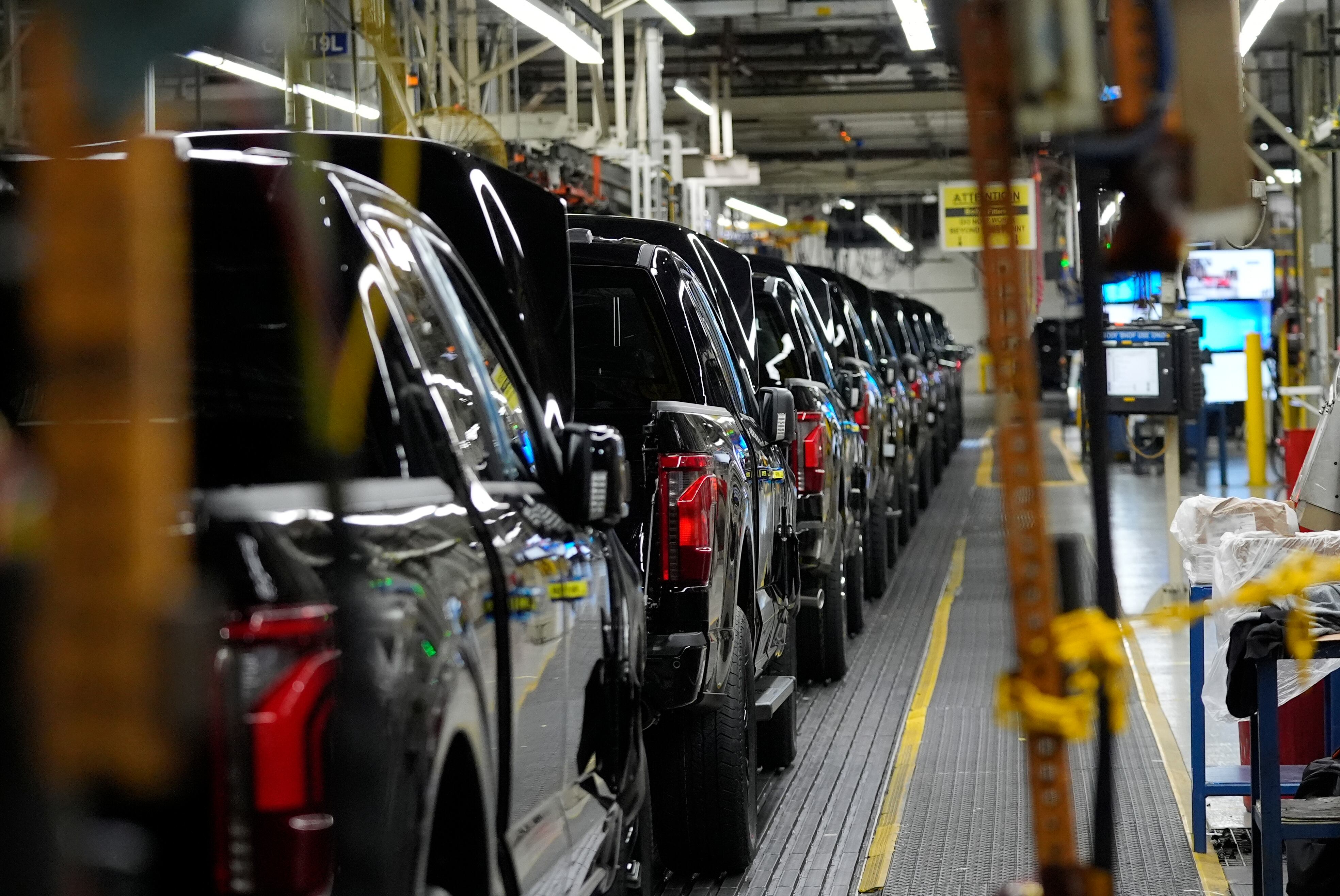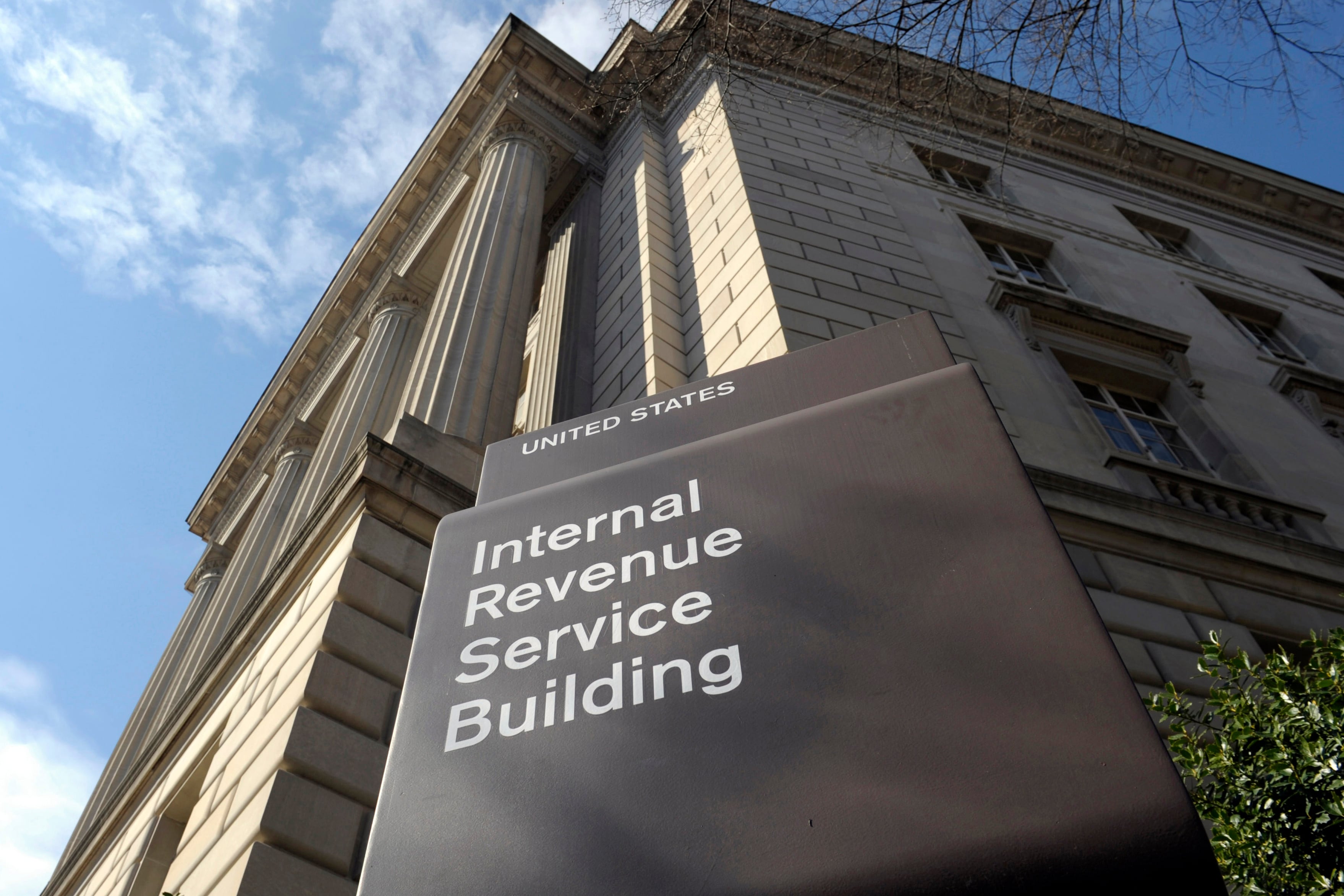With fewer than two weeks' worth of working days left before the end of the Congressional session, House Democrats on Tuesday unveiled an expansive proposal to extend crucial tax credits for the wind and solar industries and to expand similar incentives to include battery storage, electric vehicles, and other clean energy technologies.
The Growing Renewable Energy and Efficiency Now (or GREEN) Act would add five years to the so-called investment tax credit (ITC) that provides an upfront subsidy to solar and offshore wind projects, as well as to the production tax credit (PTC) that helps boost cash flow for onshore wind farms.
The ITC is currently scheduled to drop in value at the end of 2022, and the PTC is set to expire altogether at the end of this year. The wind and solar sectors won extensions for the tax credits in 2015, which Republican lawmakers supported in exchange for an end to a decades-long ban on exports of U.S. crude oil.
Bargained during the Obama administration, when a national effort to address climate change appeared to be in sight and international negotiators were preparing to attend a landmark climate summit in Paris, those subsidies were supposed to be the last that the solar and wind sectors received (although, it's worth noting, solar's advocates, unlike wind, managed to lock in a 10 percent credit in perpetuity under the terms of the 2015 extension). However, pinched by trade tariffs from the Trump administration, solar and then wind launched vigorous campaigns to renew the tax credits.
"The market has changed significantly since 2015 – national carbon policy hasn't materialized, and we have new tariffs significantly raising the cost of wind energy and U.S. manufacturing," Tom Kiernan, the CEO of the American Wind Energy Association, said in a statement Tuesday. "Federal tax incentives for renewable technologies like wind and solar have been an indisputable federal policy success."
AWEA was among the trade groups and environmental advocates that swiftly voiced support for the GREEN Act, including the Solar Energy Industries Association, which cheered the proposal.
"We're very pleased, and there's a lot of commitment from the committee's standpoint around these policy priorities," said Erin Duncan, vice president of public affairs and Congressional affairs for SEIA. "There's a long legislative history for the last three to four months to get us to this point, both from the advocacy that we've engaged in at SEIA and a lot of our colleagues at a lot of other industries have been engaging, and this is packaged as the fruit of that work."
The draft bill, though, faces an uphill battle to being passed – and indeed hasn't even yet been introduced as a bill. With impeachment hearings commanding such time and attention on Capitol Hill, and so few working days left, key provisions of the bill will most likely end up as part of a tax package or tax-extenders package. That means that some of the more ambitious or controversial proposals will likely be left out.
"They're laying out the ambitions, showing what the caucus wants to do with regard to climate, and showing a path for the Senate colleagues to follow in putting out a package – which will be very different, very pared down from this by comparison," said Grant Carlisle, deputy director of external and congressional affairs for the Climate and Clean Energy Program at the Natural Resources Defense Council. "What they're doing is laying out a blueprint for how to move forward."
One source of compromise might be the same figure who proved pivotal in 2015: Sen. Chuck Grassley, the powerful Iowa Republican who four years ago supported the longer-term extensions to the ITC and PTC, and who indicated earlier this year that he was open to making compromises in exchange for support of corn ethanol and other biofuels.
"It's not as if you're going to have all this legislation that's going to go through regular order and then debate and then floor debate and then individual votes on individual tax packages – it's going to get pounded through as something that has to get done, if it's going to pass," said SEIA spokesman Dan Whitten. "Last time it was oil exports; it could come from anywhere, and it may involve things outside of energy. So it's going to be an interesting night when those deals start getting made. Whether it's biofuels or something entirely different, we're going to be anxious to participate in that discussion."













